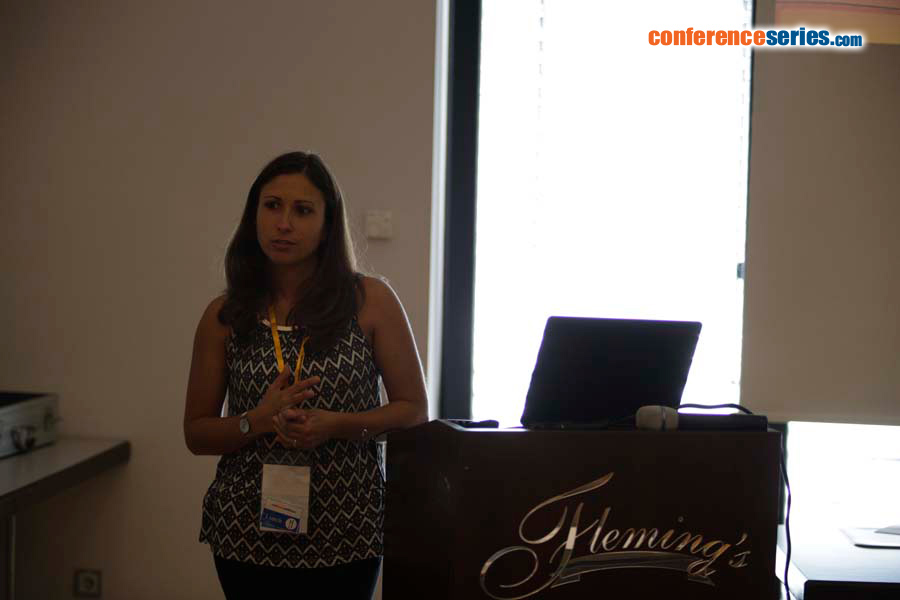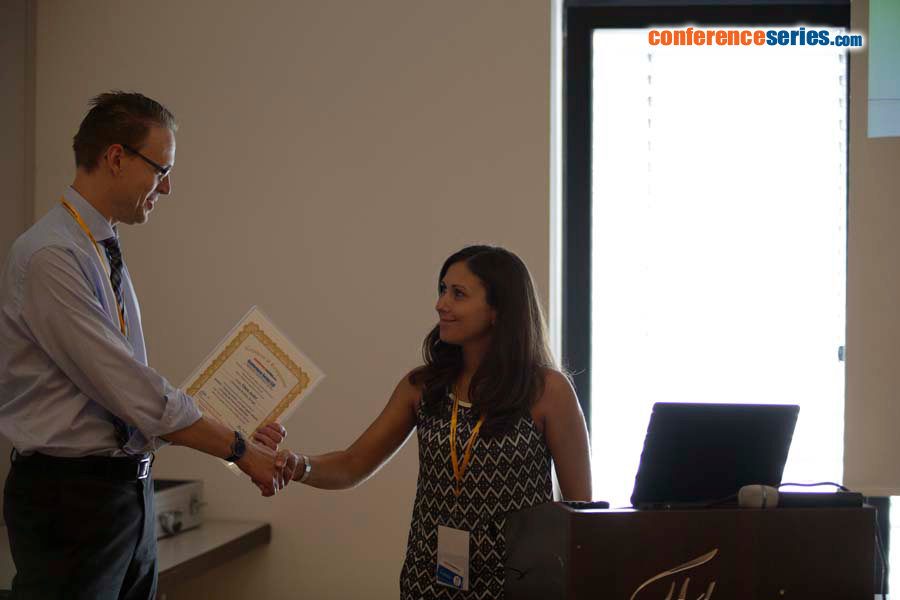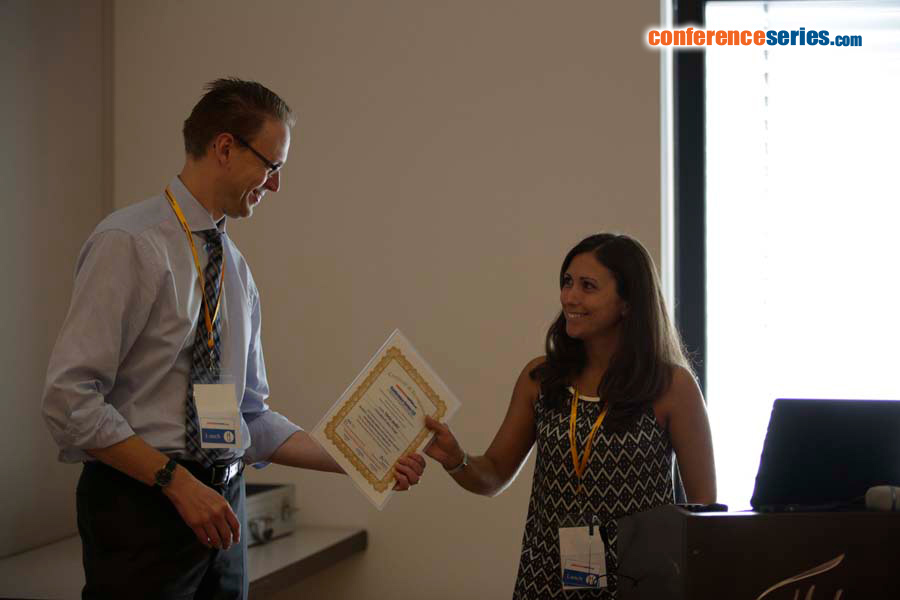
Vânia André
Universidade de Lisboa, Portugal
Title: BioMOFs – Exploring nalidixic acid metal organic networks envisaging pharmaceutical applications
Biography
Biography: Vânia André
Abstract
Nanoporours materials have attracted the interest of both academia and industry in various applications, the best known being gas storage, gas separation and shape/size selective catalysis. Recently they started to be used in drug storage and delivery as well as in medical imaging and sensing. One of the most important challenges in drug delivery research is the efficient transport and release of drugs in the body using nontoxic nanocarriers to improve their activity and MOFs present the potential characteristics to solve this problem since they combine a high pore volume, a regular porosity and the presence of tunable organic groups within the framework, which allow the modulation of the structure of the framework as well as of the pore size. From a series of different active pharmaceutical ingredients (API) tested, results with nalidixic acid have shown to be promising. Nalidixic acid is a quinolone antibiotic used for the treatment of urinary tract infections, which can also act as bacteriostatic and as bactericidal. Bio-inspired networks of this API with safe metals are being successfully explored. Coordination with different metals, including Zn, Mn and Mg, yielded novel coordination networks. The use of second ligands, such as oxalic and citric acids, has shown to be successful and it represents a pathway to obtain stuctures with higher porosity. Most of these new forms can be obtained by mechanochemistry, an efficient and environment-friendly synthetic technique. The solubility and stability of these compounds sustents their viability for pharmaceutical applications.




